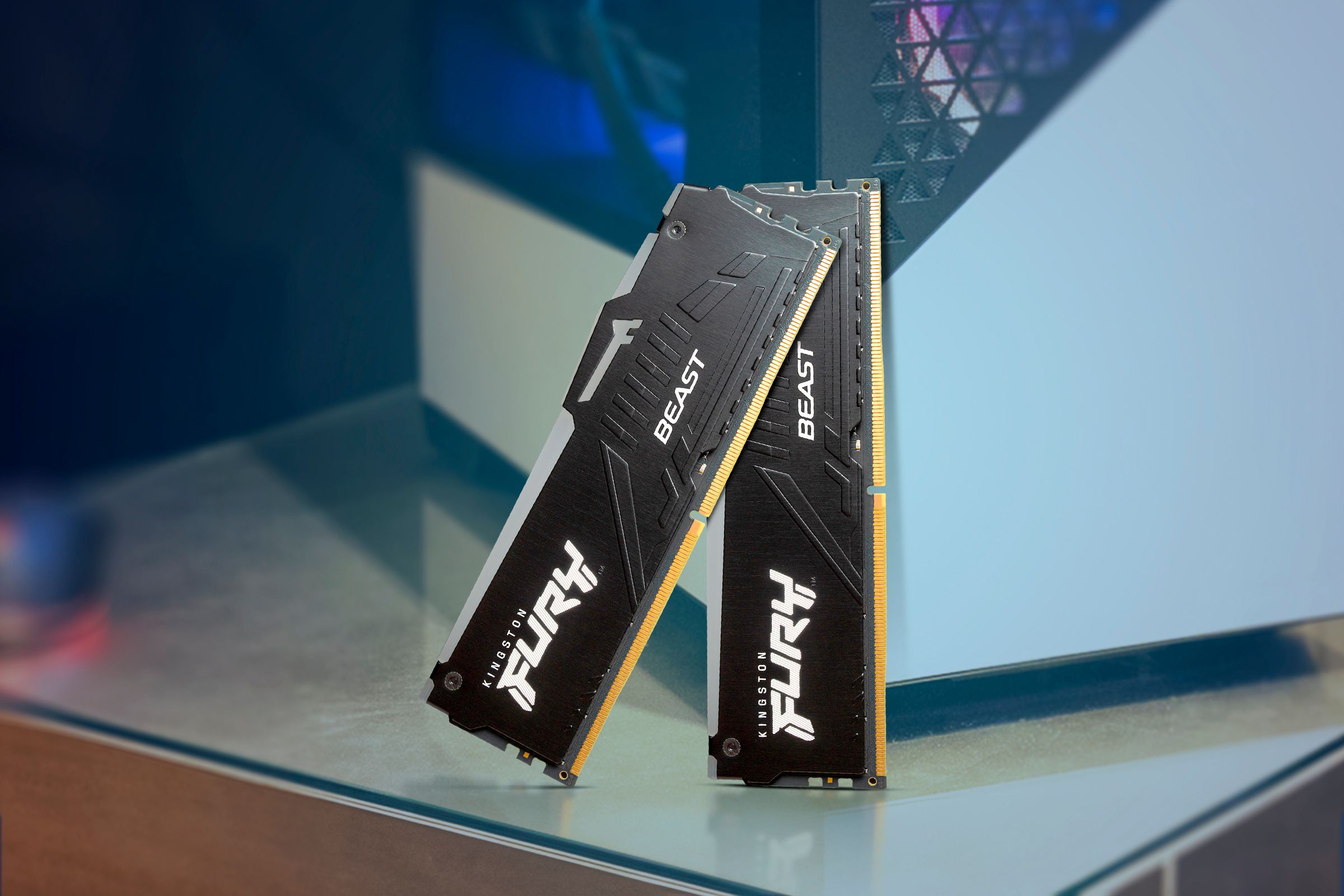Does Gaming on Linux Have a Cheating Problem?
PC Gaming
Key Takeaways
- Apex Legends’
recent ban on Linux players greatly impacts Steam Deck users and anyone else who prefers to play on Linux. - Cheating is rampant in competitive shooters, where cheaters exploit low-level access to processors.
- Anti-cheat systems also require low-level access to be effective, raising privacy concerns. Windows cheating is easier to detect than on Linux due to differences in the operating systems.
Linux used to be the operating system to avoid if gaming was a priority, but it’s recently had quite a few wins like the Steam Deck. It’s also had its losses, like the recent end of support for Linux machines from Apex Legends. But is it true that Linux has a cheater problem?
What’s Going On With Linux Players?
Apex Legends recently banned players on Linux, and according to the developers and EA (its publisher), it was because of cheating. Cheating in competitive shooters is rampant. These cheats are installed on your system and usually need low-level access to your processor. Something that’s dangerous, but cheaters don’t have a problem doing.
Sure, users could get their accounts sanctioned or even banned if they’re caught cheating, but for some players, the risk is worth the reward.
However, game anti-cheat engines have gotten wise to these cheat apps’ strategies and have moved to counter them. Unfortunately, this also means installing low-level anti-cheat software on your machine. If you ask any tech-savvy gamer, they’ll tell you that’s not a good thing.
While cheaters are more than happy to grant kernel access to their cheat engines, regular users are more reserved about who they let get the lowest-level privileges on their machines. I just don’t trust companies like EA and Rockstar with low-level access to my machine. Linux users don’t need to deal with that headache, but that’s also part of the reason why developers and publishers locked them out of playing the game.
How Kernel-Level Anti-Cheat Works
If you’re a Windows gamer, you use one of the most popular gaming operating systems. Naturally, that means most users are on your operating system, including a few cheaters that make everyone’s day terrible.
With each new update to anti-cheat systems, the cheats have to get more sophisticated. It’s an ongoing arms race for gaming companies to stay one step ahead of cheaters and respond to cheating apps as they seek to avoid detection.
However, developing apps on Windows usually means leaving traces behind (even at the kernel level) that anti-cheat apps can detect. Since cheaters allow kernel-level access, we gamers must also enable kernel-level access or get locked out of multiplayer sessions by the anti-cheat measures that are supposed to catch cheaters. Developing cheat apps for Linux is much easier because these cheats are more challenging to detect.
There are many Linux distros designed for gaming, but it’s not the free and open-source nature of Linux that led to its users being banned from Apex Legends. Despite the sophistication of EAC, the anti-cheat solution used by Apex Legends, it still has a huge problem dealing with Linux users. The problem stems from how EAC runs on a Linux machine.
The Technical Limitations of Anti-Cheat on Linux
Windows is a pretty popular gaming operating system, although gamers are split between Windows 10 and Windows 11. Naturally, most anti-cheat software is built to run on a Windows-based system. This detects cheating software by checking what’s currently running on your Windows system. Once it detects a suspicious signature, it’ll boot you from the game for cheating.
In the past, unrelated signatures have led to false positives, but over time, the tech seems to have gotten better at catching cheaters, even if it requires more privileges.
Those privileges are also why it’s so hard to catch cheaters in Linux. On a Windows PC, there are two separate systems: the kernel, which is “owned” by the operating system and heavily monitored, and the user environment, where the games are run. Kernel-level anti-cheat can see when something changes the kernel and crack down on it, shutting the player out. However, this paradigm only works on Windows.
In Linux, the user “owns” the kernel, meaning they can edit anything they like, and the operating system doesn’t care. It also means that anti-cheat systems like EAC can’t keep track of what’s being changed and can’t stop cheaters from editing memory addresses on the fly. If EAC can’t detect when cheating happens, it can’t stop players who are breaking the rules.
Writing a cheat app for Linux is also surprisingly easy. Current Windows cheat apps operate on the same level as writing a driver. Since the Windows API is open for anyone who wants to write a driver, cheat app developers have used this weakness to develop their kernel-level cheats. However, users on Windows would need signed drivers, with an error prompt showing up if they tried to install an unsigned one.
Linux doesn’t have driver signing; anyone could write an app to edit the kernel. Games like Valorant have additional safeguards, such as requiring SecureBoot and loading its anti-cheat engine on boot even if you don’t intend to play the game. Linux doesn’t allow for those shenanigans, making it even more difficult to track down and punish cheaters.
No More Steam Deck Users
The most significant user base affected by the Linux ban is Steam Deck users. As a gamer, I find the Steam Deck to be a remarkable piece of hardware. Since it runs Linux as a lightweight OS, it’s responsive and very fun to use. However, the Linux OS means that Apex Legends players on the Steam Deck are out of luck unless they decide to run Windows on their Steam Deck instead.
Windows is still the most popular operating system by a long shot, and that won’t change anytime soon. However, shutting down players who want to use another operating system because cheating is more difficult to control seems like a bad idea. Cheaters will always exist, not only in Linux systems but also in Windows systems.
Can Anything Be Done?
If developers and publishers can’t find a solution to allow cheat-free gaming on Linux machines, many players could leave those games permanently. Companies that have shut down access to Linux machines are telling those gamers that they aren’t welcome just because a few are cheating.
Punishing Linux gamers for the transgressions of a few without finding a new way to track cheating alienates many people. Here’s to hoping those companies rethink this decision, particularly given the popularity of devices like the Steam Deck.


















